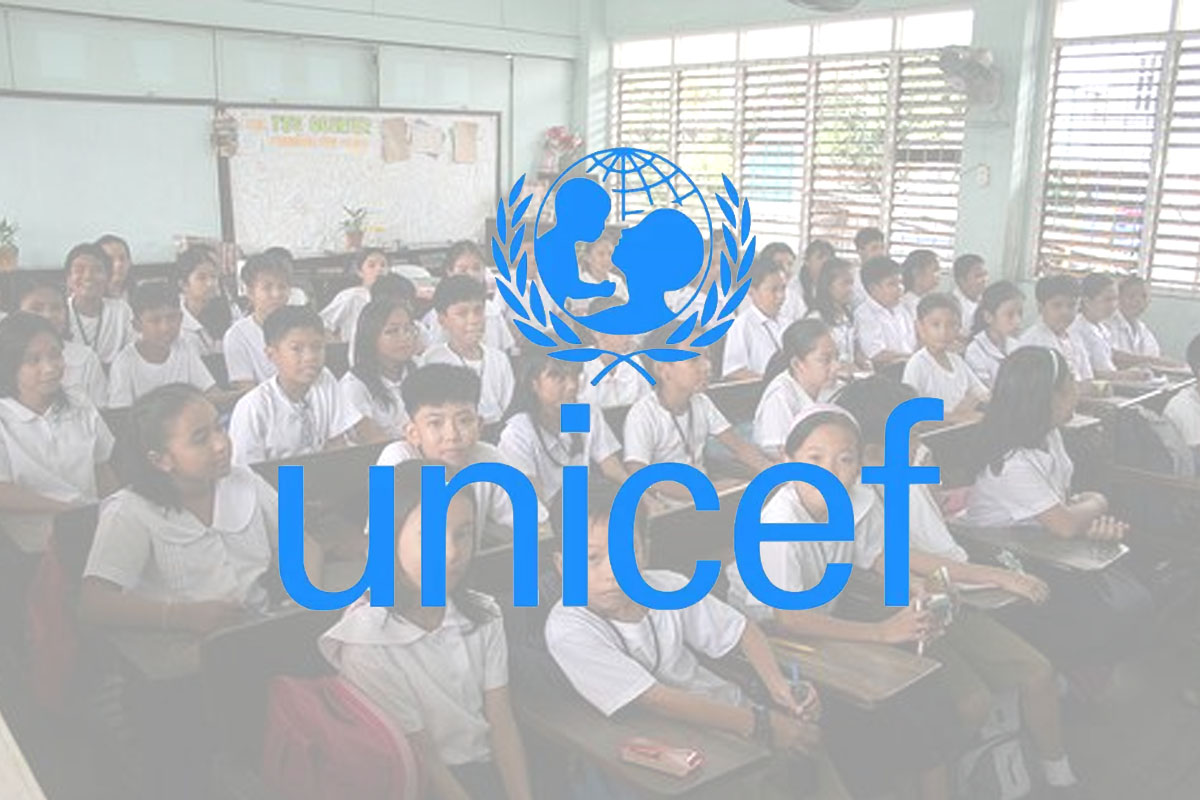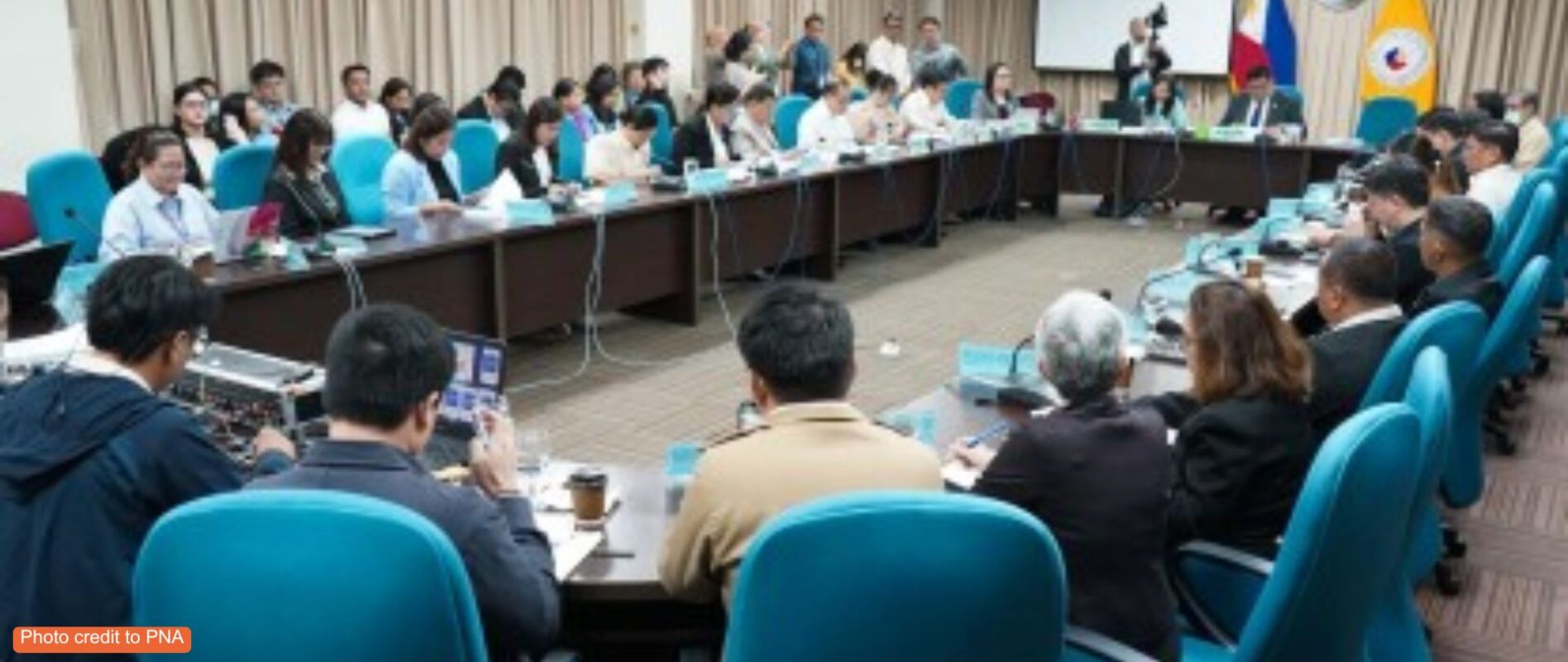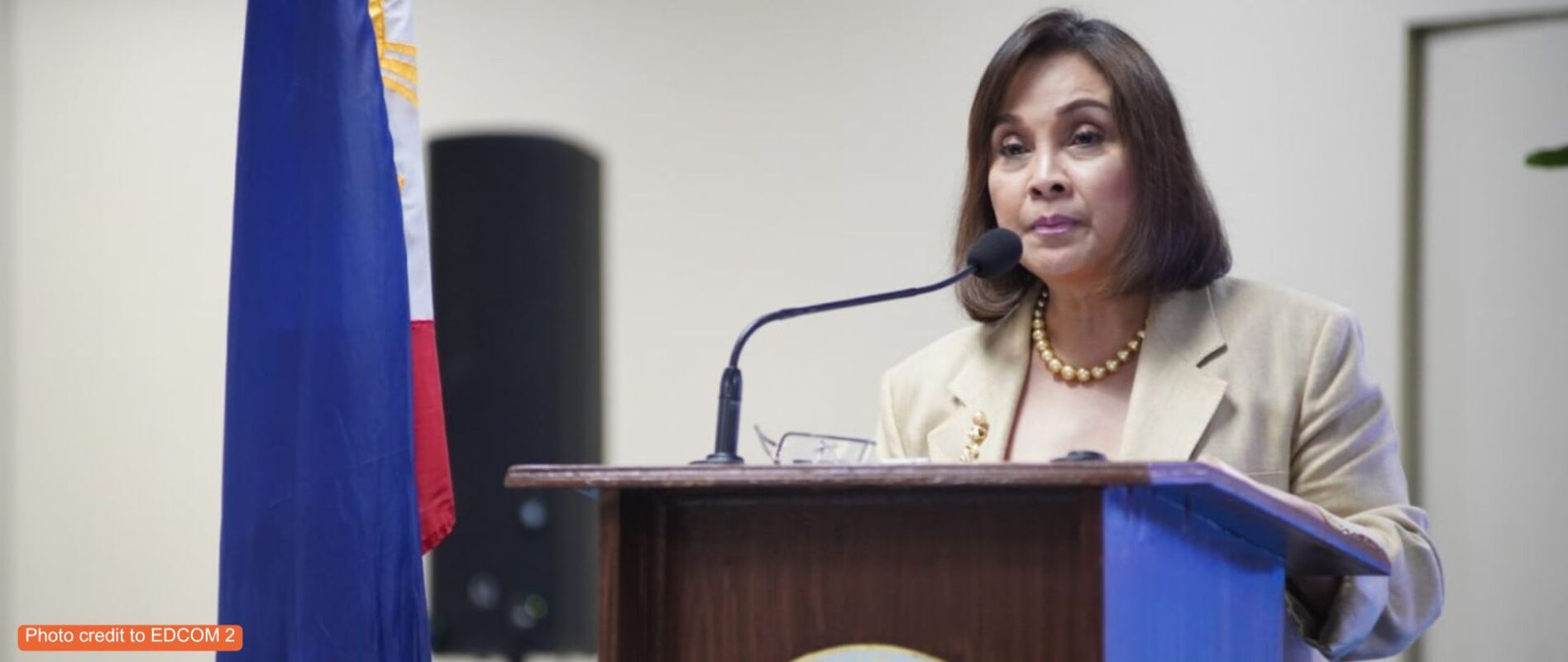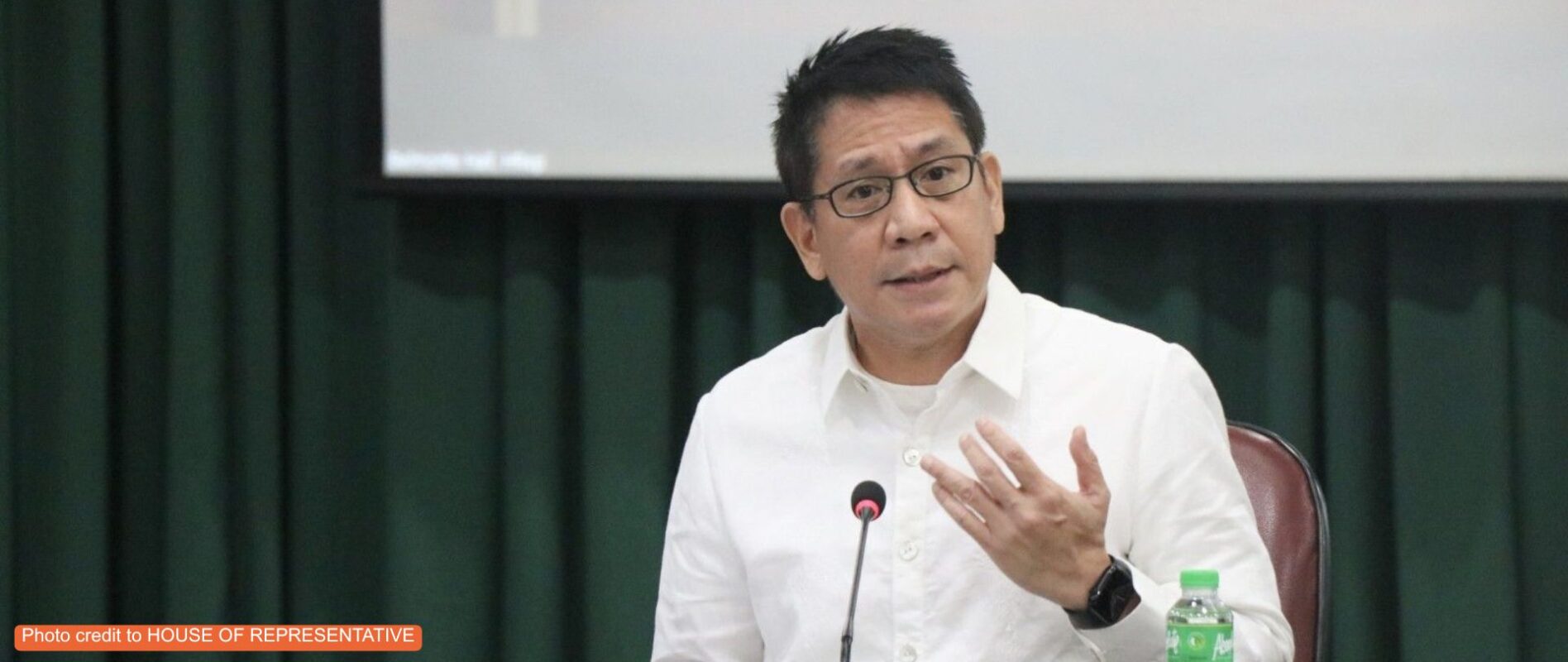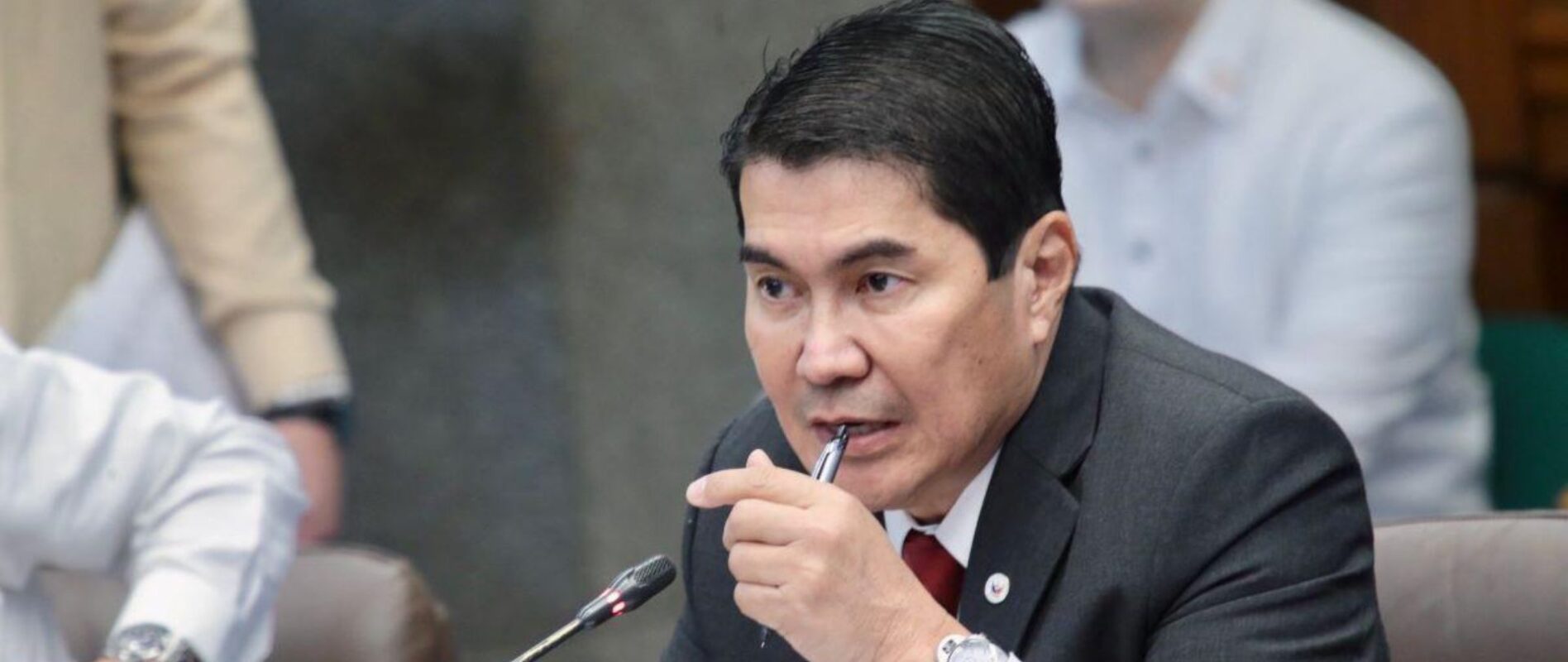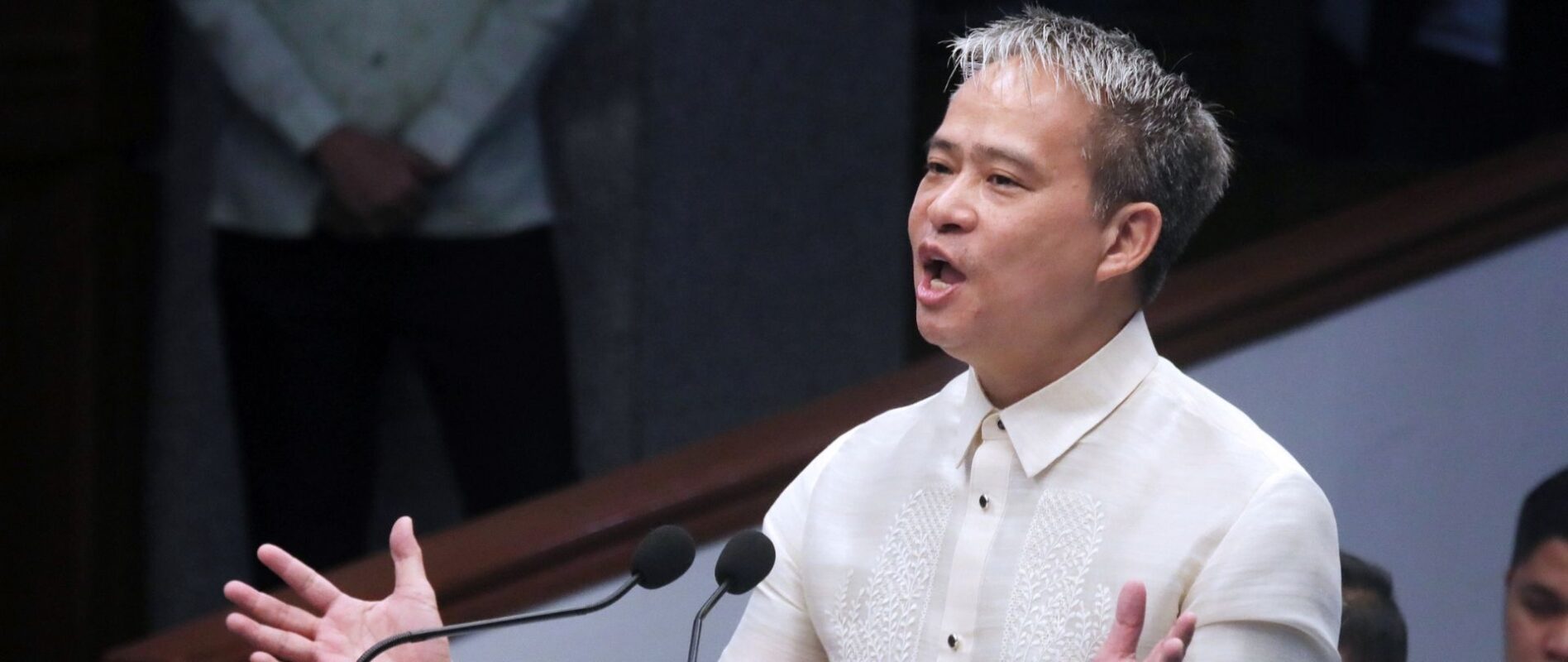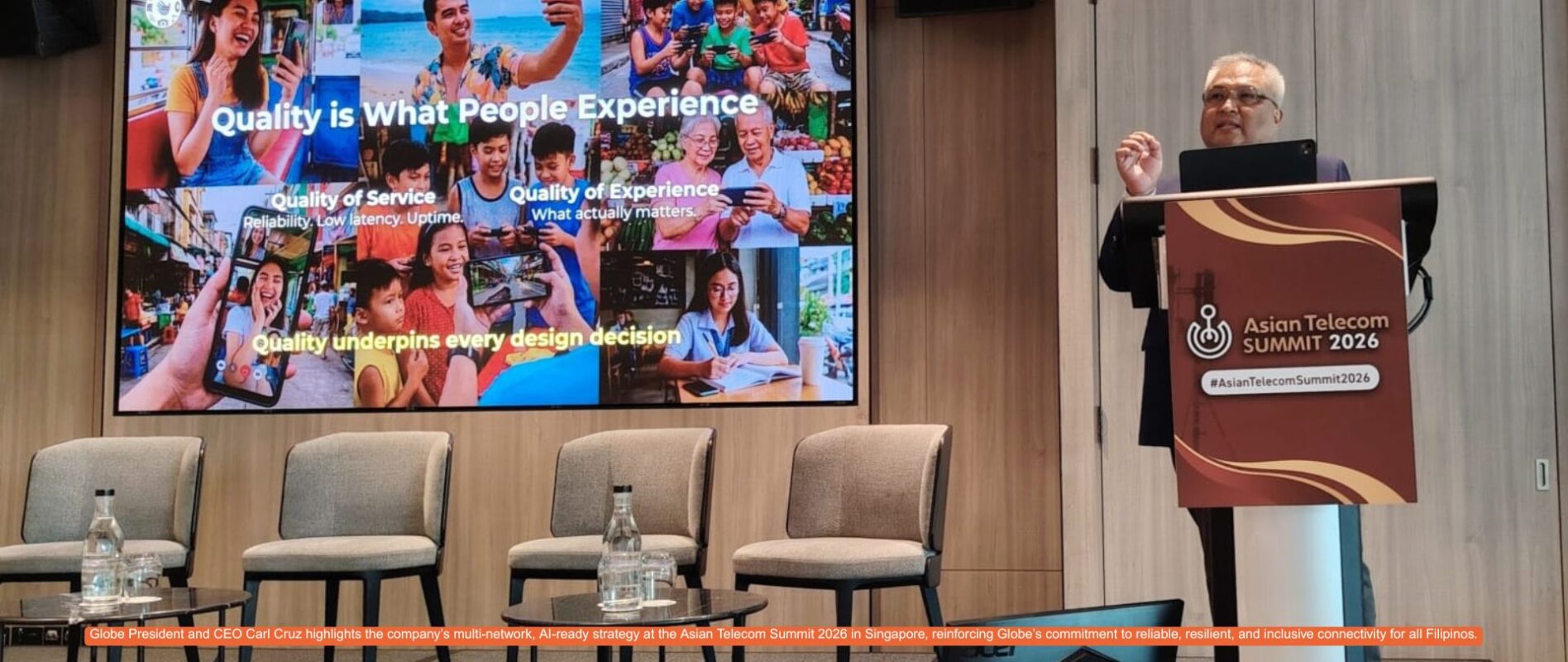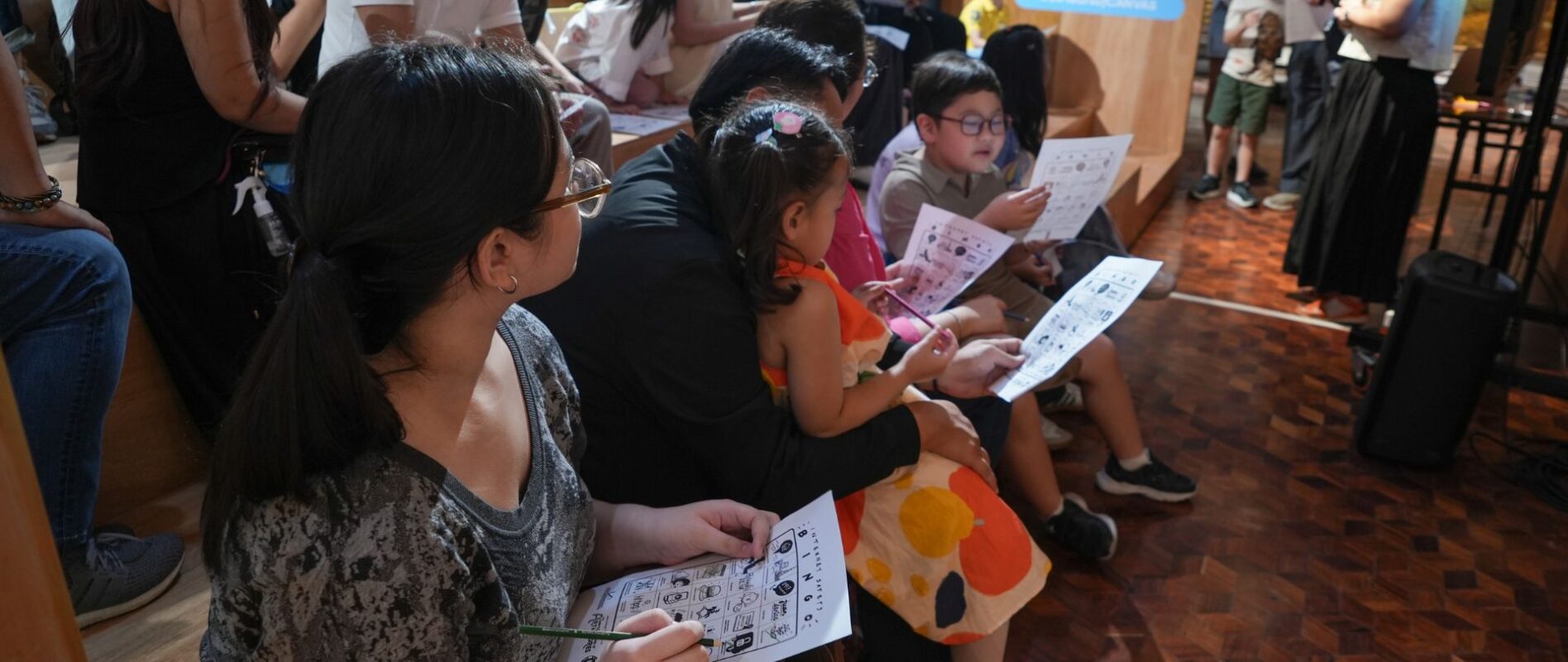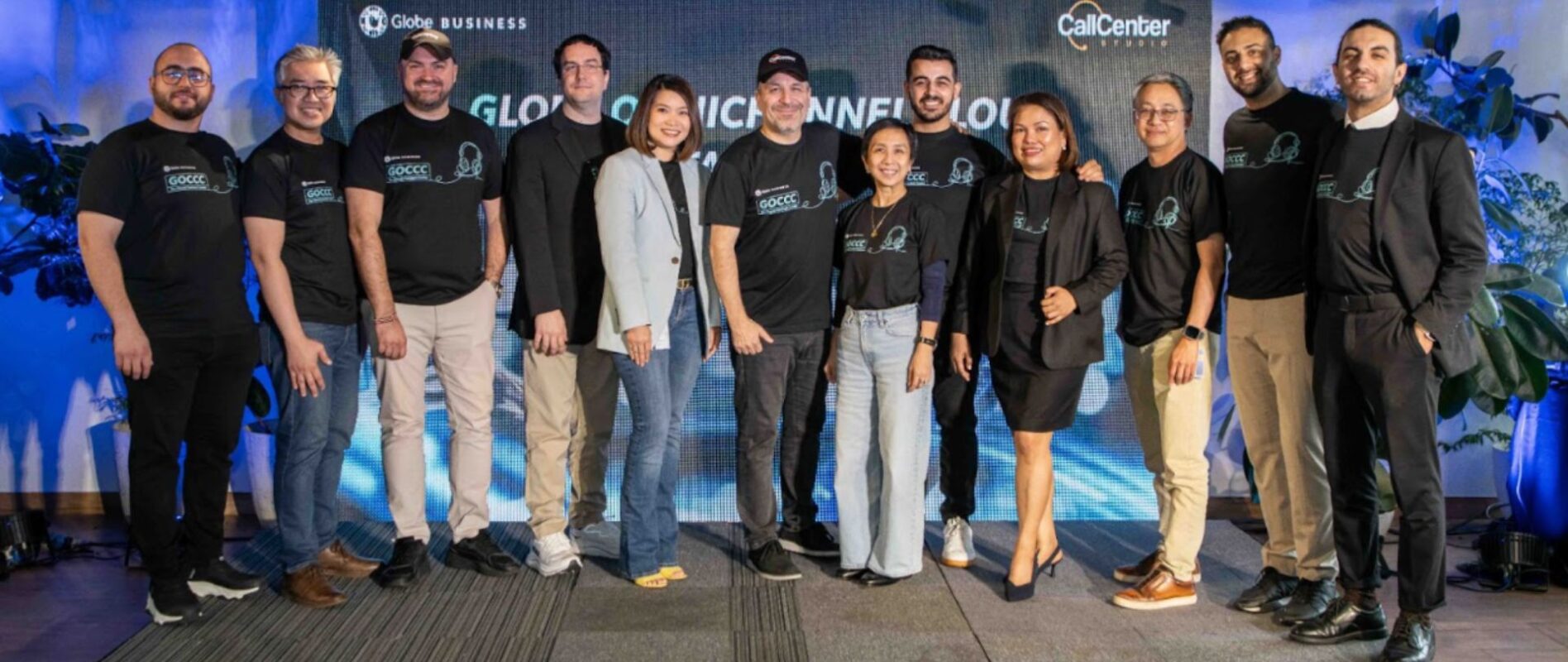UNICEF PUSHES OPENING OF SCHOOLS
UNICEF urged governments to open schools as soon as possible so that students can again attend physical classes.
It also sought the implementation of targeted programs focused on three priority areas — to bring all children and youth back in school where they can access tailored services to meet their learning, health, psychosocial well-being, and other needs; effective remedial learning to help students catch up on lost learning; and support for teachers to address learning losses and incorporate digital technology into their teaching.
The Philippines is one of five countries that have not resumed in-person classes since the pandemic began. While new variants are causing a rise of infections, UNICEF advocated for a phased reopening of schools, beginning in low-risk areas. It said that this can be done on a voluntary basis with proper safety protocols in place.
“The first day of school is a landmark moment in a child’s life — setting them off on a life-changing path of personal learning and growth. Most of us can remember countless minor details — what clothes we wore, our teacher’s name, who we sat next to. But for millions of children, that important day has been indefinitely postponed,” UNICEF Executive Director Henrietta Fore said.
“As classes resume in many parts of the world, millions of first graders have been waiting to see the inside of a classroom for over a year. Millions more may not see one at all this school term. For the most vulnerable, their risk of never stepping into a classroom in their lifetime is skyrocketing.”
For an estimated eight million students around the globe — who should have been in the first grade — the wait for their first day of in-person learning has been over a year and counting, as they live in places where schools have been closed throughout the pandemic.
The first grade sets up the building blocks for all future learning, with introductions to reading, writing, and math. It’s also a period when in-person learning helps children gain independence, adapt to new routines, and develop meaningful relationships with teachers and students. In-person learning also enables teachers to identify and address learning delays, mental health issues, and abuse that could negatively affect children’s well-being.
“In 2020, schools globally were fully closed for an average of 79 teaching days, while the Philippines has been closed for more than a year, forcing students to enroll in distance learning modalities. The associated consequences of school closures — learning loss, mental distress, missed vaccinations, and heightened risk of drop out, child labour, and child marriage — will be felt by many children, especially the youngest learners in critical development stages,” UNICEF Philippines Representative Oyunsaikhan Dendevnorov said.
While countries worldwide are taking some actions to provide remote learning, at least 29 percent of primary students are not being reached. In addition to lack of assets for remote learning, the youngest children may not be able to participate for lack of support using the technology, a poor learning environment, pressure to do household chores, or being forced to work.
Studies have shown that positive school experiences during this transition period are a predictor of children’s future social, emotional and educational outcomes. At the same time, children who fall behind in learning during the early years often stay behind for the remaining time they spend in school, and the gap widens over the years. The number of years of education a child receives also directly affects their future earnings.

